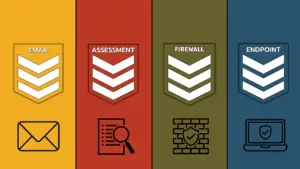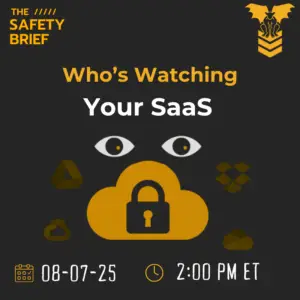 Are you still using single factor authentication in your business? If so, you are taking an unnecessary risk. If the only thing standing between the hacking community and your company’s data is a password, then no matter how robust those passwords might be, it’s just a matter of time before someone slips up, and your system is breached.
Are you still using single factor authentication in your business? If so, you are taking an unnecessary risk. If the only thing standing between the hacking community and your company’s data is a password, then no matter how robust those passwords might be, it’s just a matter of time before someone slips up, and your system is breached.
Of course, a breach is still possible once you enable two-factor authentication, but breaking into a system so protected is substantially more difficult. A small percentage of hackers will see this as a challenge and try all the harder, but the vast majority will simply pass you by in preference for softer, less protected targets.
It may be possible, however, that you’re not clear on two-factor authentication, so we’ll lay it out for you. Simply put, two factor authentication is the requirement that in order to log into your system, a user needs a password, and some other, different factor, such as a thumb print or retina scan. In other cases, the second factor could be something you have, such as a cell phone or a USB key.
Note that this is fundamentally different from two-step authentication. Under a two-step authentication scheme, you’re using the same factor twice. For instance, if you enter a password and a pin, that’s essentially a second password, so the same factor, used twice.
In a similar vein, some websites are now using a password along with an identifying picture or small graphic you select and assign at the time you create your account. Again, this is essentially a visual password, and is the same factor, used twice.
Two-step authentication is quicker and easier to implement than two factor authentication, although it is understandably less secure. Even so, it’s a good option for companies that cannot (for whatever reason) build genuine two factor authentication into their systems.
If you’re not sure whether or not you can enable two-factor authentication, or if you’ve got questions about upgrading your system security in general, contact our team. We can evaluate the strength of what you currently have, and make recommendations about how to improve it.




